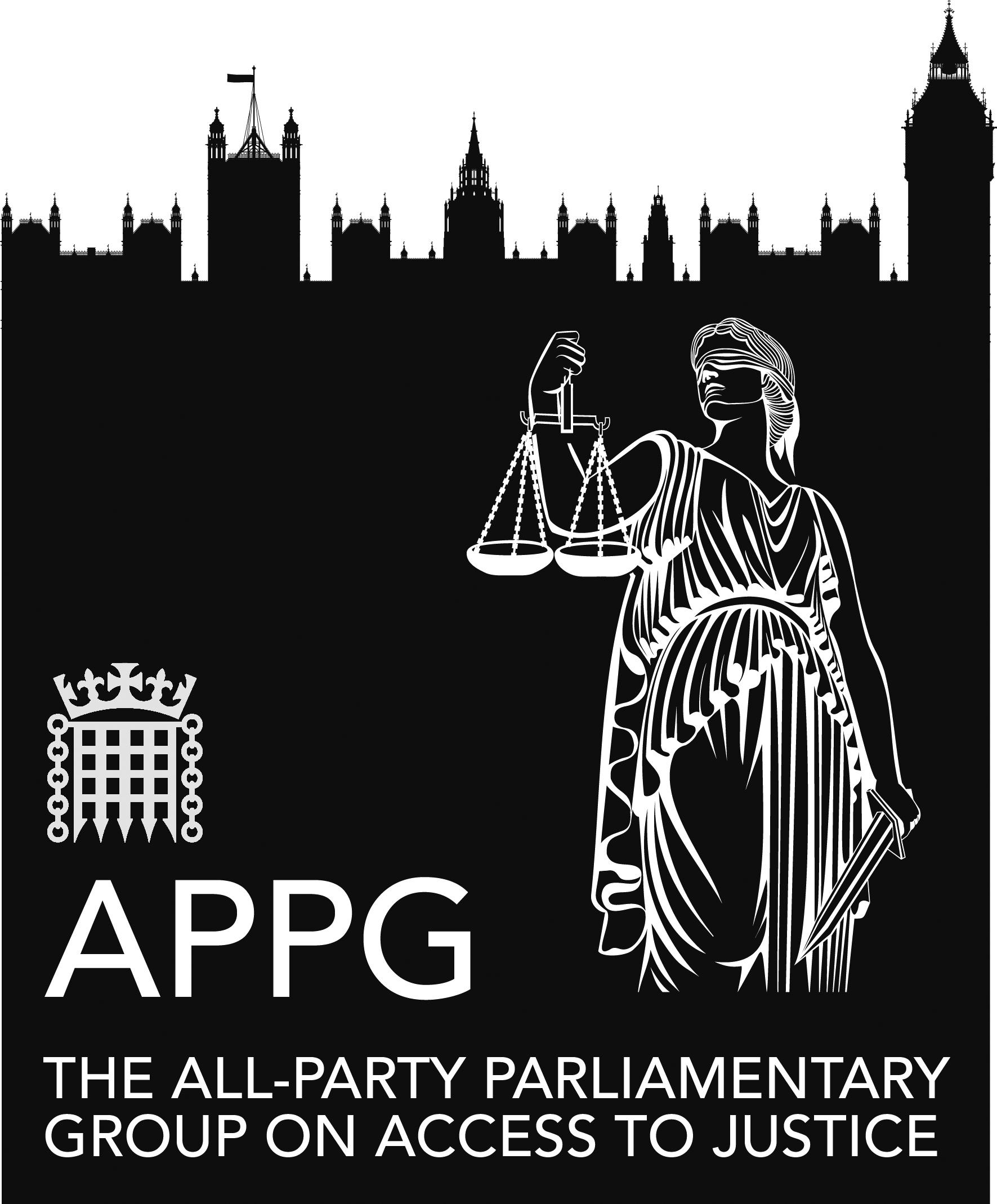The All-Party Parliamentary Group on Access to Justice
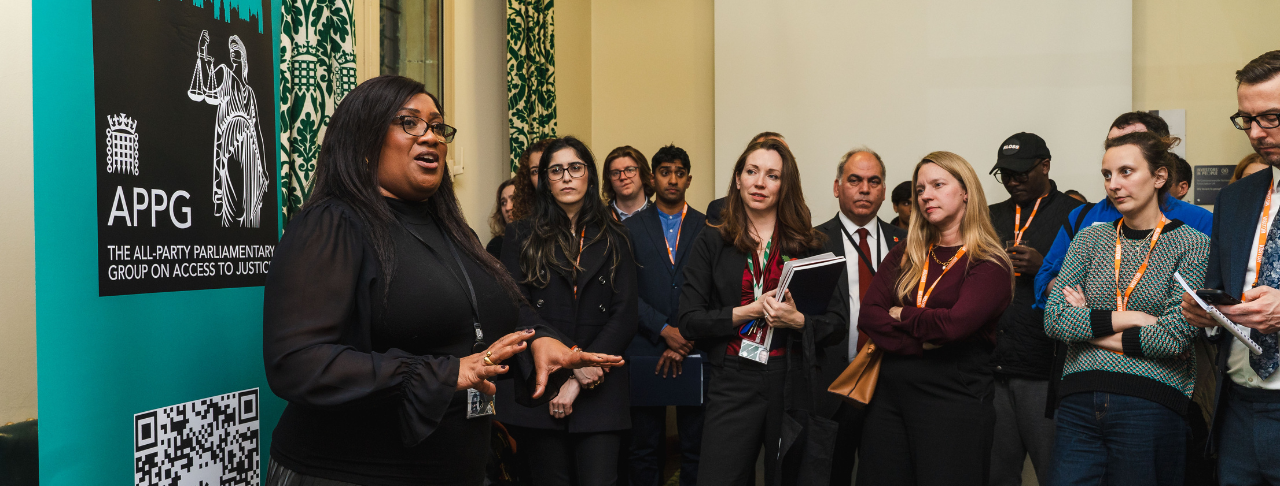
To highlight the importance of access to justice as a fundamental principle of the rule of law and empower individuals to exercise their rights, challenge discrimination, and reduce inequalities.
To foster parliamentary and public understanding of access to justice by acting as a forum for discussion and debate.
Current Officers

Vice-Chair
Lord Willy Bach

Member
Bambos Charalambous MP

Member
Lord McNally

Member
Lord Falconer

Member
Sarah Russell MP

Member
Abtisam Mohamed MP

Co-Chair
Catherine Atkinson MP

Member
Jake Richards MP

Member
Rupa Huq

Member
Baroness Kennedy

Member
Andy Slaughter MP
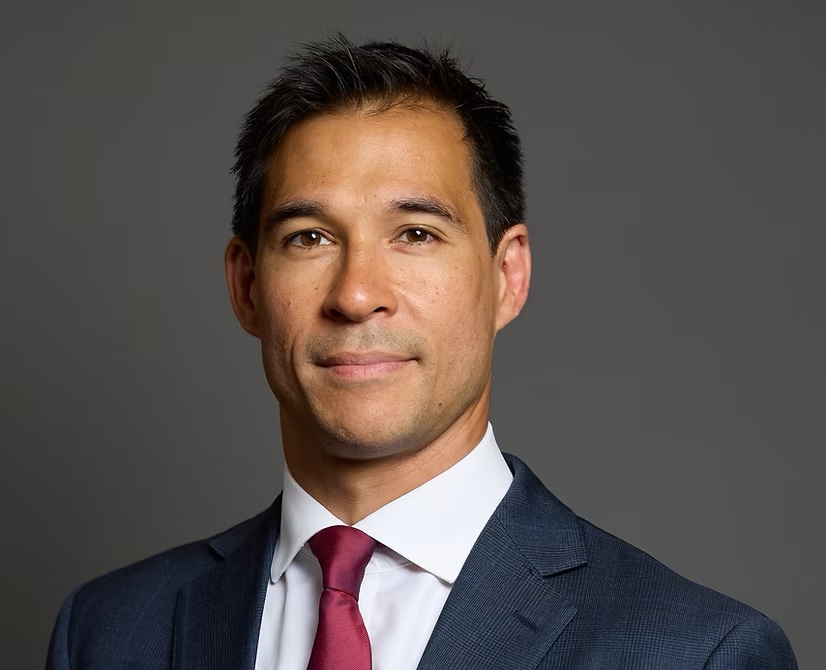
Member
Tony Vaughan MP

Vice-Chair
Paul Kohler MP
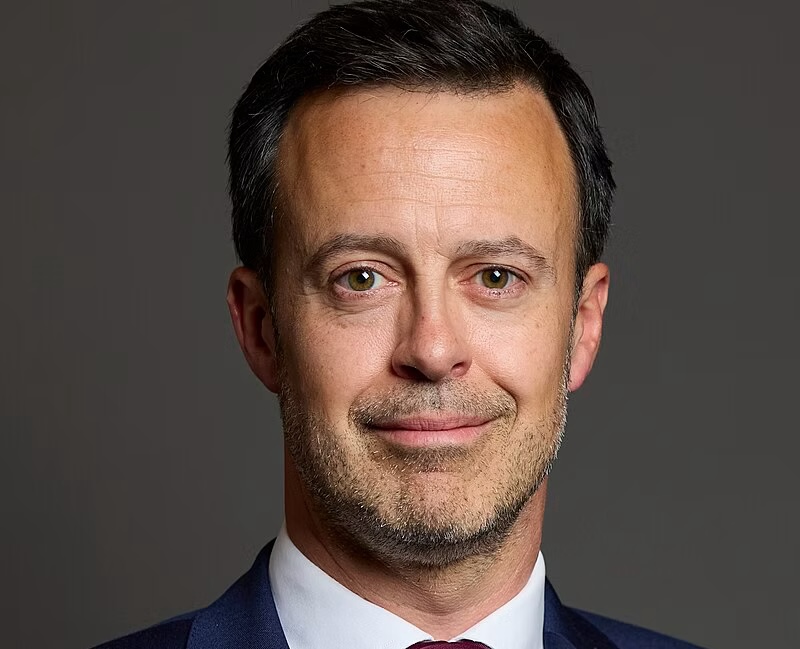
Member
Kevin Bonavia MP

Member
Lord Sandhurst

Member
Rachel Taylor MP
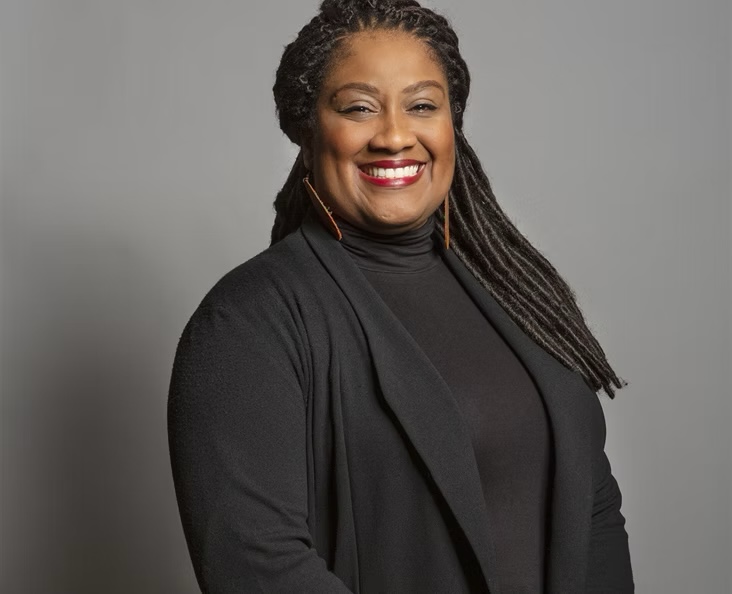
Member
Bell Ribeiro-Addy MP

Member
Alberto Costa MP

Vice-Chair
Neil Shastri-Hurst MP

Member
Warinder Juss MP

Member
Lord Bellamy

Member
Lord Shamash

Member
Karl Turner MP

Member
Henry Tufnell MP

Member
Lord Colin Low
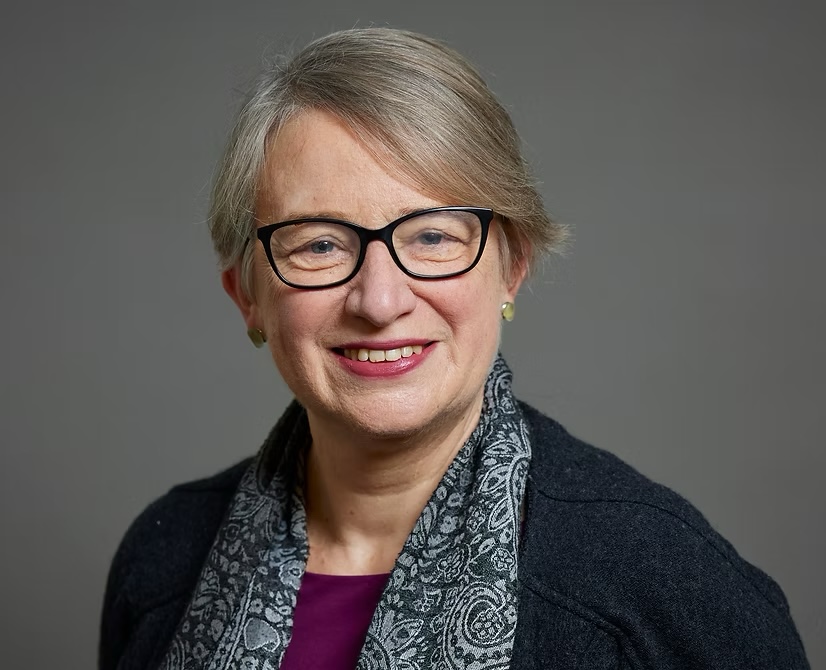
Member
Baroness Bennet
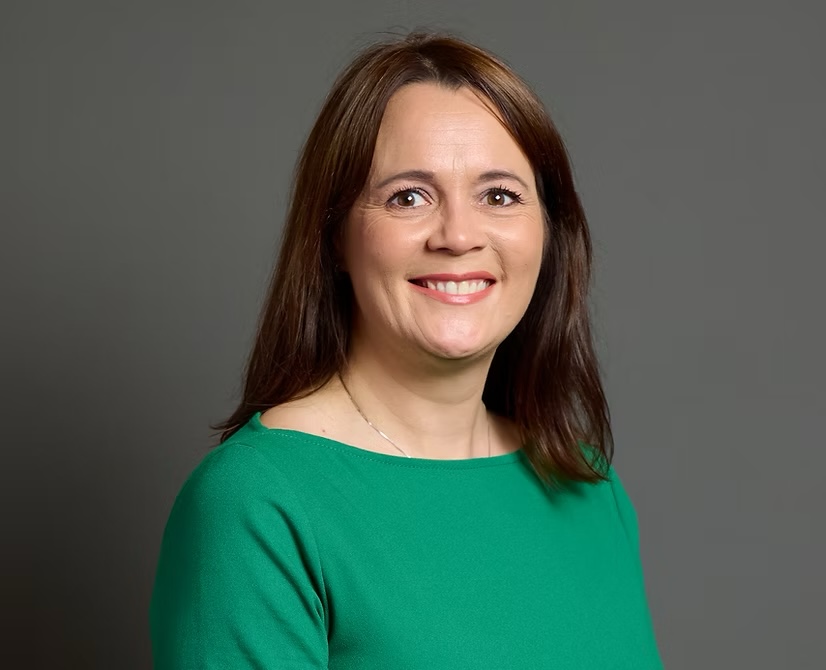
Member
Linsey Farnsworth MP
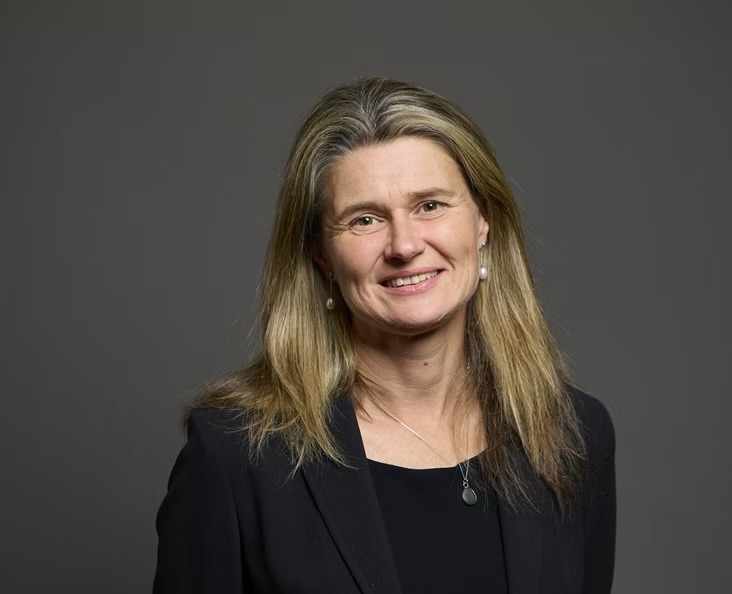
Member
Jayne Kirkham MP
Secretariat
The All-Party Parliamentary Group on Access to Justice is the result of a merger between the APPG on Legal Aid and the APPG on Pro Bono and Public Legal Education.
Secretariat support for the APPG on Access to Justice is provided by Legal Aid Practitioners Group
Meetings
The APPG meets regularly when Parliament is sitting to discuss topics that are important in the legal aid sector and to hear from those that work within it.
Access the APPG website to learn more.
Inquiry into Sustainability of the Legal Aid Sector – The Westminster Commission
The Westminster Commission on Legal Aid is a cross-party initiative formed by the APPG on Legal Aid to examine the state of the legal aid sector as it emerges from the COVID-19 pandemic. The full effects of the pandemic on the economy are yet to unfold. We are now in the largest recession on record, with the economy having contracted by 20.4% between April and June 2020. The Office of National Statistics has said that the recession brought on by the pandemic has led to the largest fall in quarterly GDP on record with the Money and Pensions Service highlighting that some sectors will be hit harder than others. The Money and Pensions Service have also identified that many of the worst impacts will be felt by those who are least financially resilient – low income families, younger people and students, parents with dependent children, women, BAME, renters, the self-employed, those working variable hours and in the gig economy. Emerging from the pandemic, many of these individuals are likely to need legal advice and be unable to afford it. Their ability to access justice will be dependent heavily on the continued availability of publically funded legal aid.
Over the last year, the Commission held the following oral evidence sessions: criminal legal aid; family legal aid; civil (non-family) legal aid; the publicly funded bar; access to justice; and the future of the legal aid workforce (experiences of junior practitioners). It also carried out extensive desk-based research, and further engagement with expert practitioners, to provide context to and a broader exploration of the issues and concerns raised by witnesses at the oral evidence sessions.
Overall, they found that the service being provided to the public is not sufficient and the legal aid profession as it stands is not sustainable.

